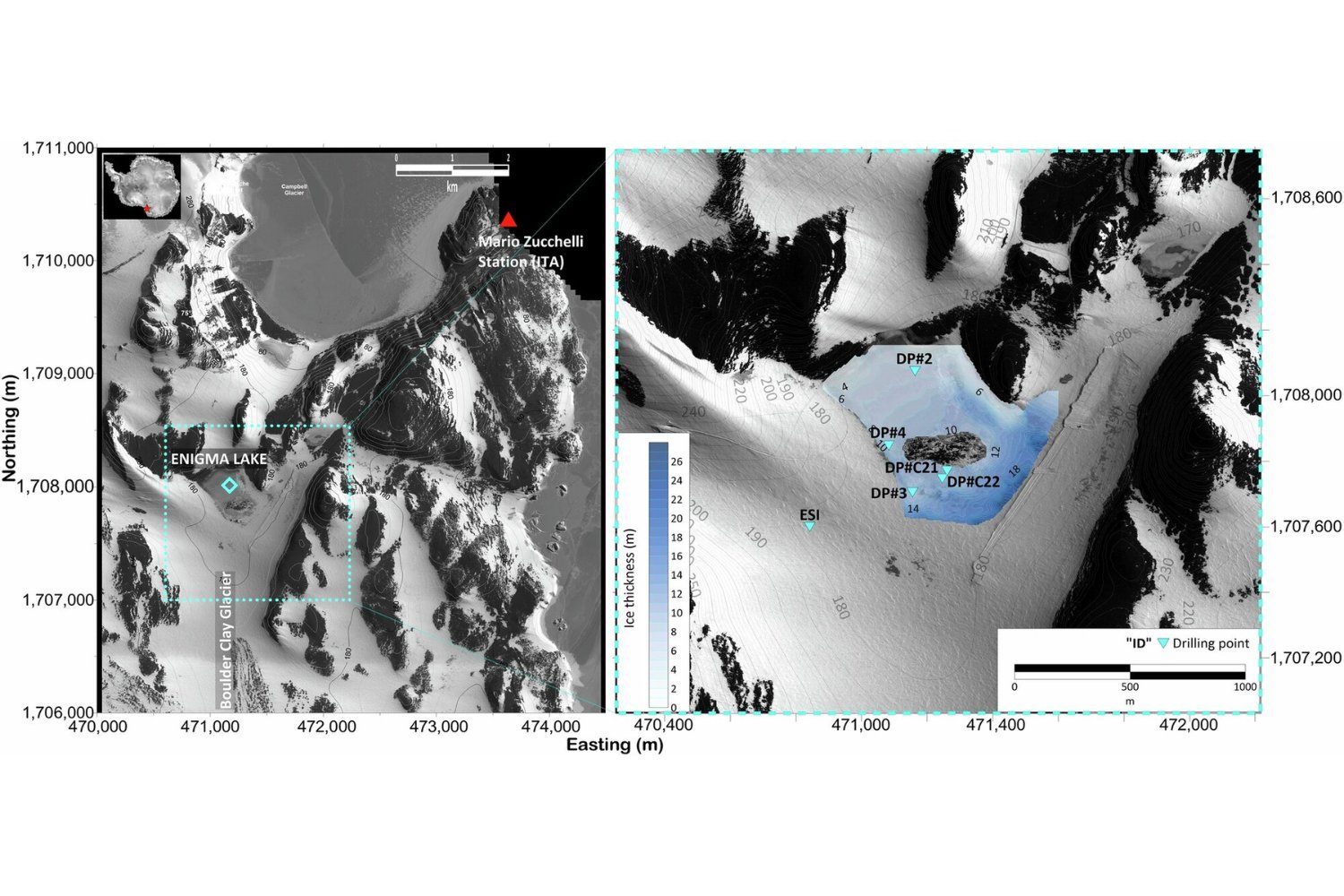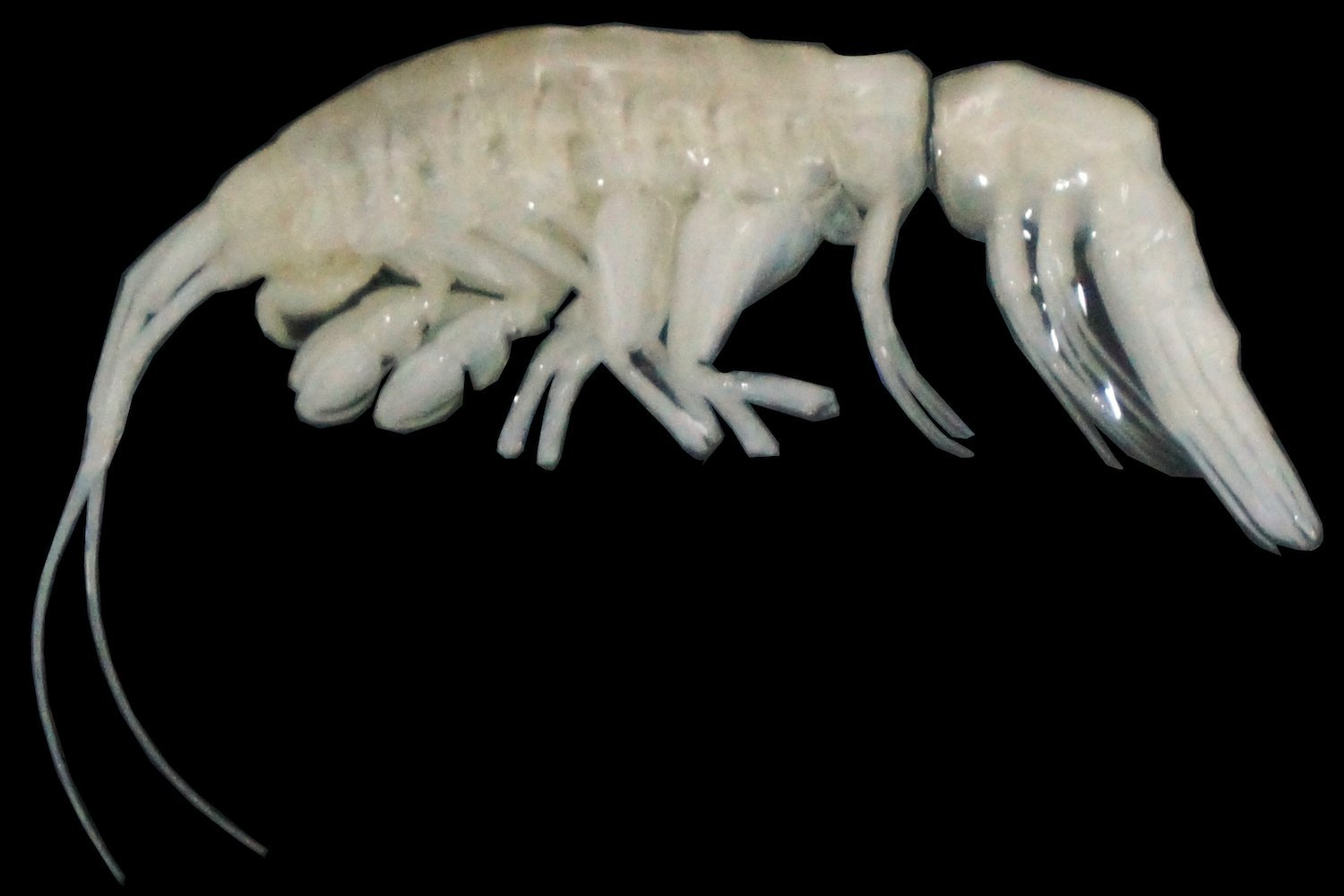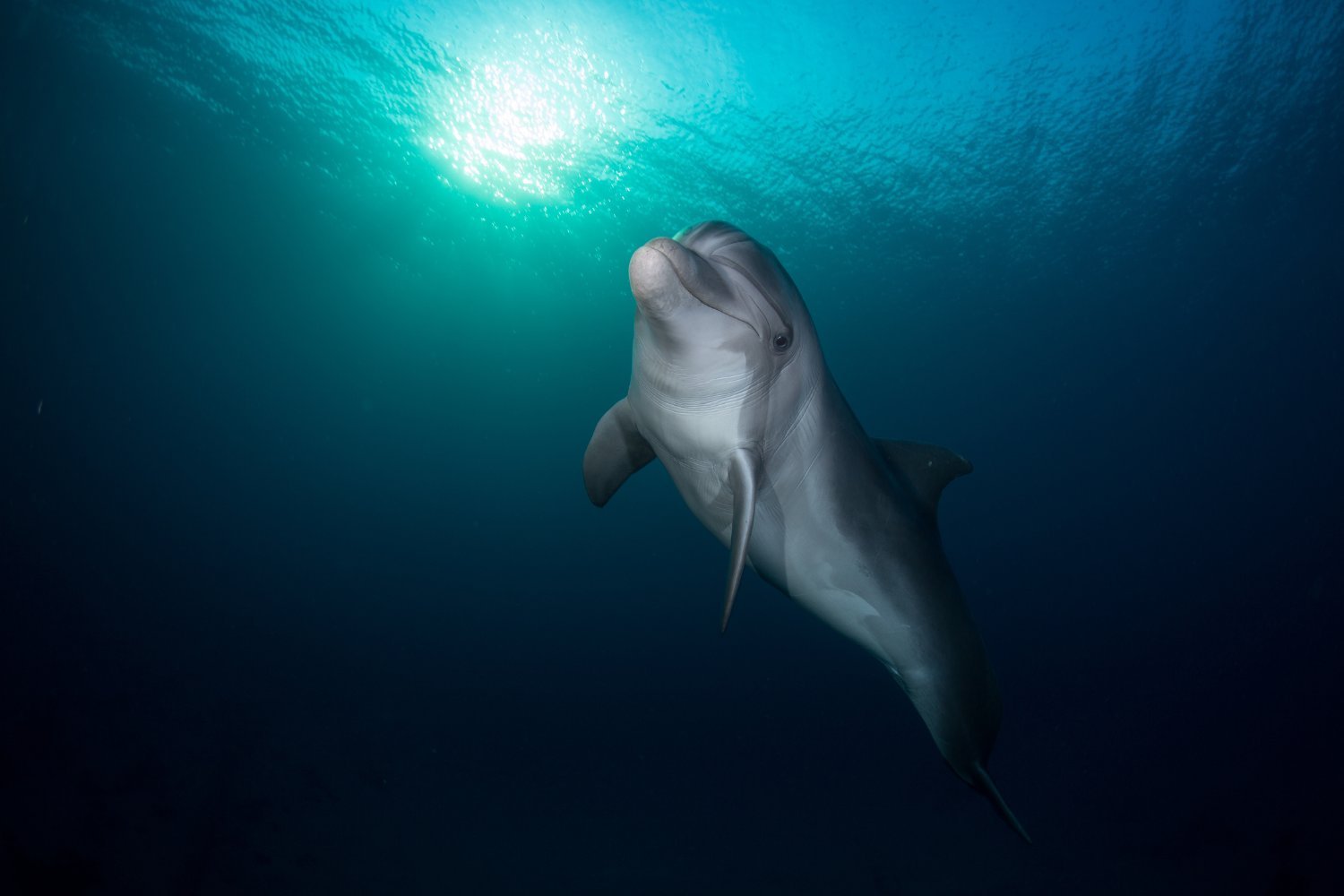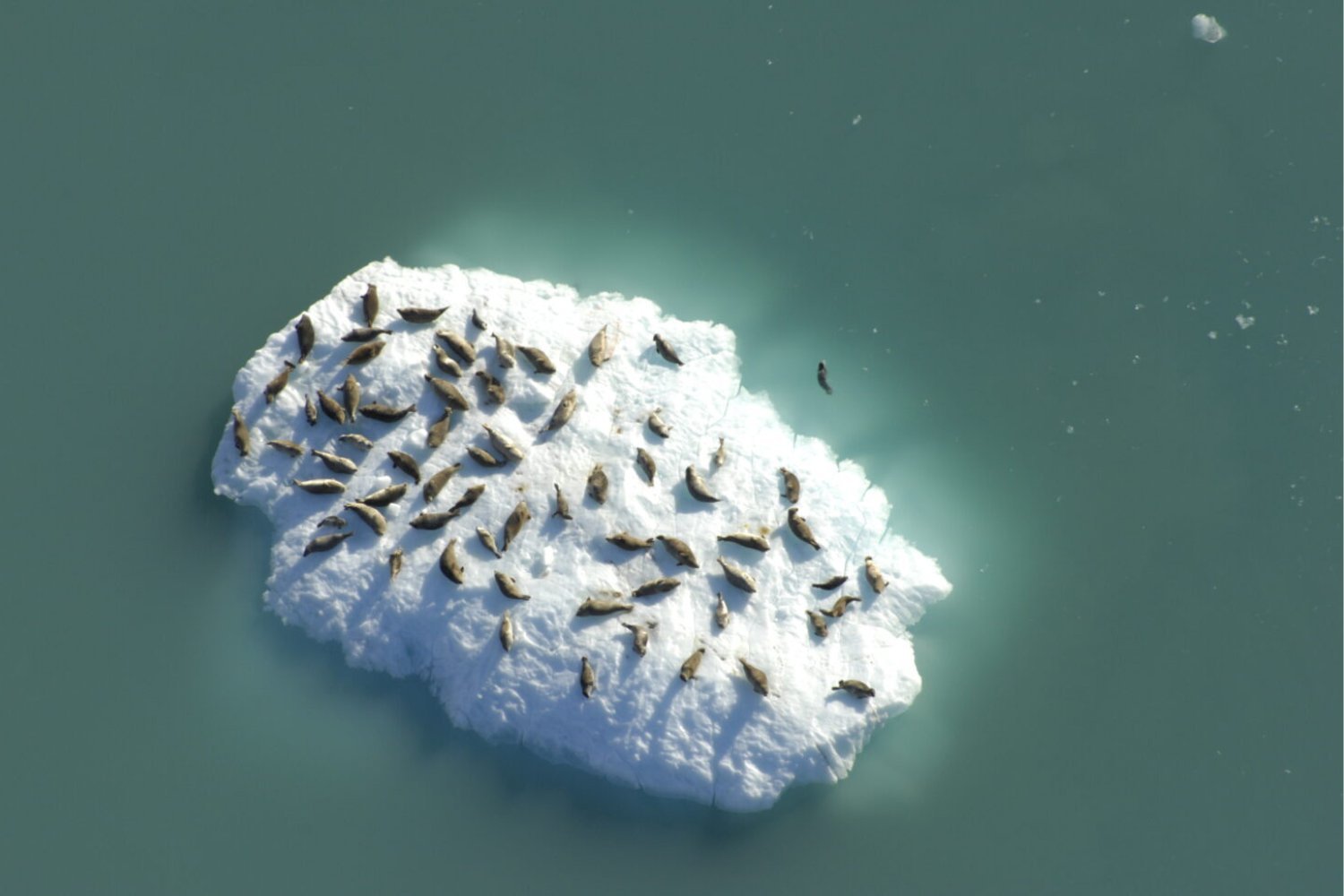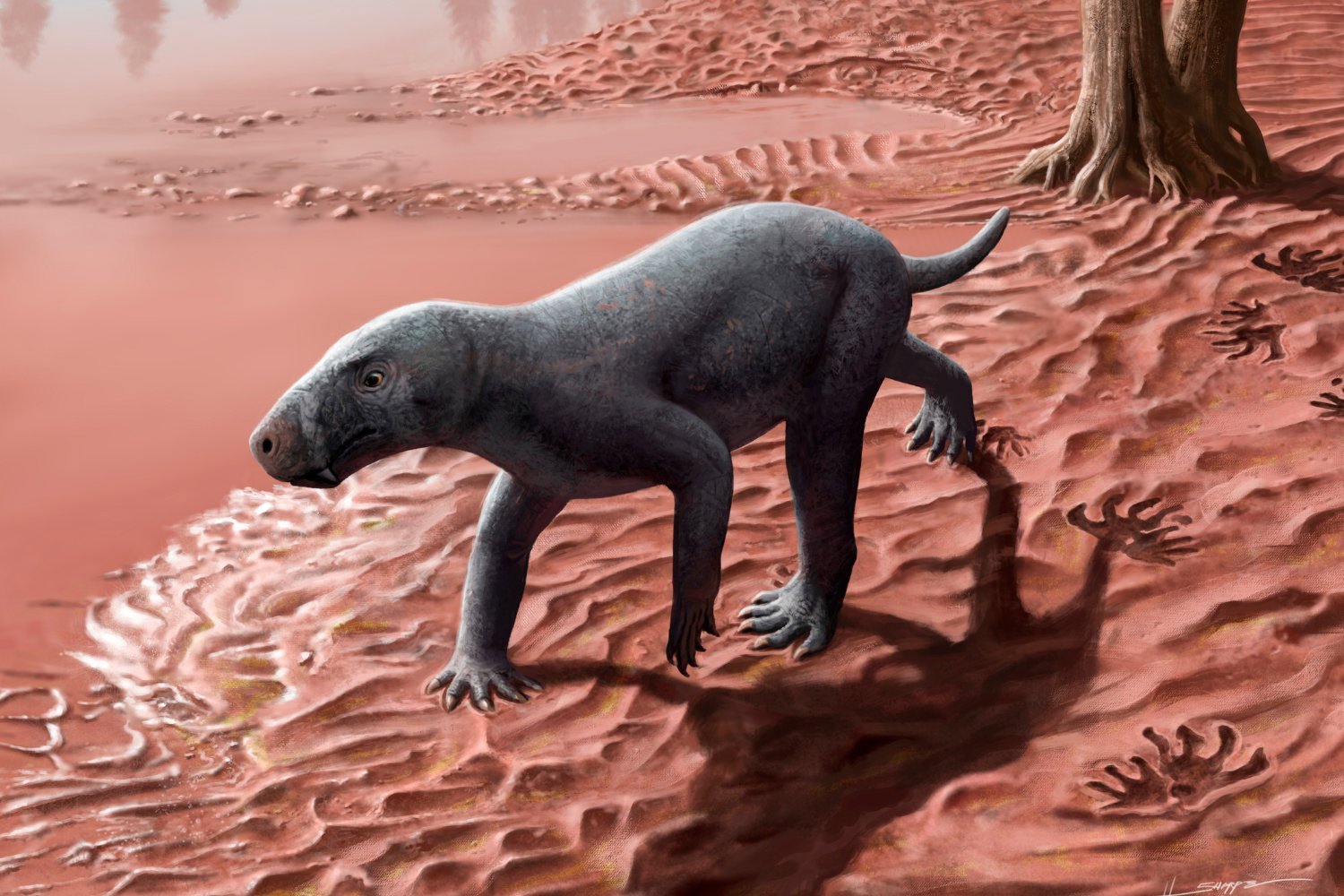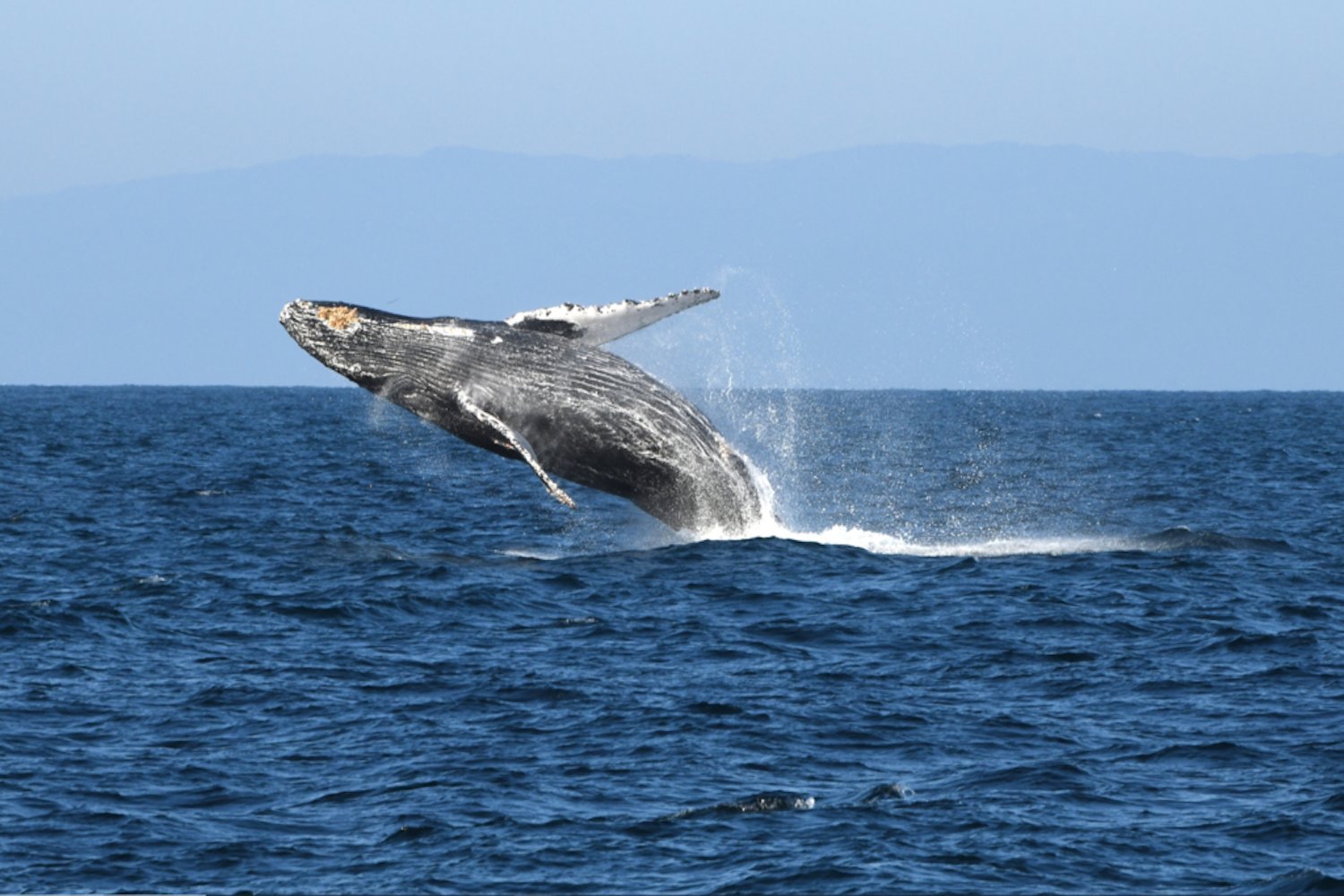The permanently frozen Lake Enigma in Antarctica, aptly named for its mystique, has revealed a hidden secret: unique microbial communities thriving beneath its icy surface. This discovery offers a glimpse into a previously unknown ecosystem and suggests a vibrant past before the lake froze over.
An international team of polar scientists, including researchers from the Institute of Polar Sciences, National Research Council of Italy (ISP-CNR), unveiled this fascinating find in a December 3 study published in Communications Earth & Environment. Their research challenges previous assumptions about the lake’s completely frozen state.
Unveiling Lake Enigma’s Subglacial World
Located between the Amorphous and Boulder Clay glaciers in Antarctica’s Northern Foothills, Lake Enigma endures extreme conditions. With average temperatures of -14 degrees Celsius and lows plummeting to -40.7 degrees Celsius, a perpetually frozen state seemed inevitable.
However, during the summers of 2019 and 2020, the research team employed ground-penetrating radar to discover a surprising layer of water beneath the ice. This subglacial lake, with a maximum depth of 12 meters, lies approximately 11 meters below the surface.
A Thriving Microbial Community
Utilizing specialized drilling techniques to prevent contamination, the team collected water samples from Lake Enigma. Laboratory analysis revealed a remarkable presence of life: a diverse microbiota.
This microbial community includes bacteria like Pseudomonadota, Actinobacteriota, and Bacteroidota. Significantly, the researchers also observed a prevalence, and sometimes dominance, of ultrasmall bacteria belonging to the superphylum Patescibacteria, known for their simplicity and limited functions. This finding highlights a newfound complexity in Antarctic lake food webs.
A Glimpse into the Past
The presence of these microorganisms suggests that Lake Enigma may have once supported a much richer and more diverse ecosystem before freezing over. While the exact timing of the lake’s freeze remains uncertain, Antarctica became fully encased in ice approximately 14 million years ago, indicating a likely timeframe for Lake Enigma’s transformation.
The surviving microorganisms likely represent descendants of this ancient community, having adapted to the extreme subglacial environment over millions of years of isolation. This extended period of isolation likely resulted in significant evolutionary divergence from their ancestors.
A Unique and Isolated Ecosystem
Antarctica, despite its vast ice sheets, is classified as a desert due to its low precipitation. The continued presence of water in Lake Enigma suggests an undiscovered source, potentially the nearby Amorphous Glacier.
However, the lake remains isolated from the external environment by its permanent ice cover and exhibits a chemically stratified water column. This isolation and stable stratification indicate minimal external contamination, even with potential glacial drainage.
Conclusion
The discovery of microbial life within Lake Enigma not only reveals the existence of current life forms invisible to the naked eye but also provides valuable insights into the ancient ecosystems that once flourished in Antarctica. This research underscores the resilience of life in even the most extreme environments and opens up exciting possibilities for understanding the history and evolution of life on Earth.



